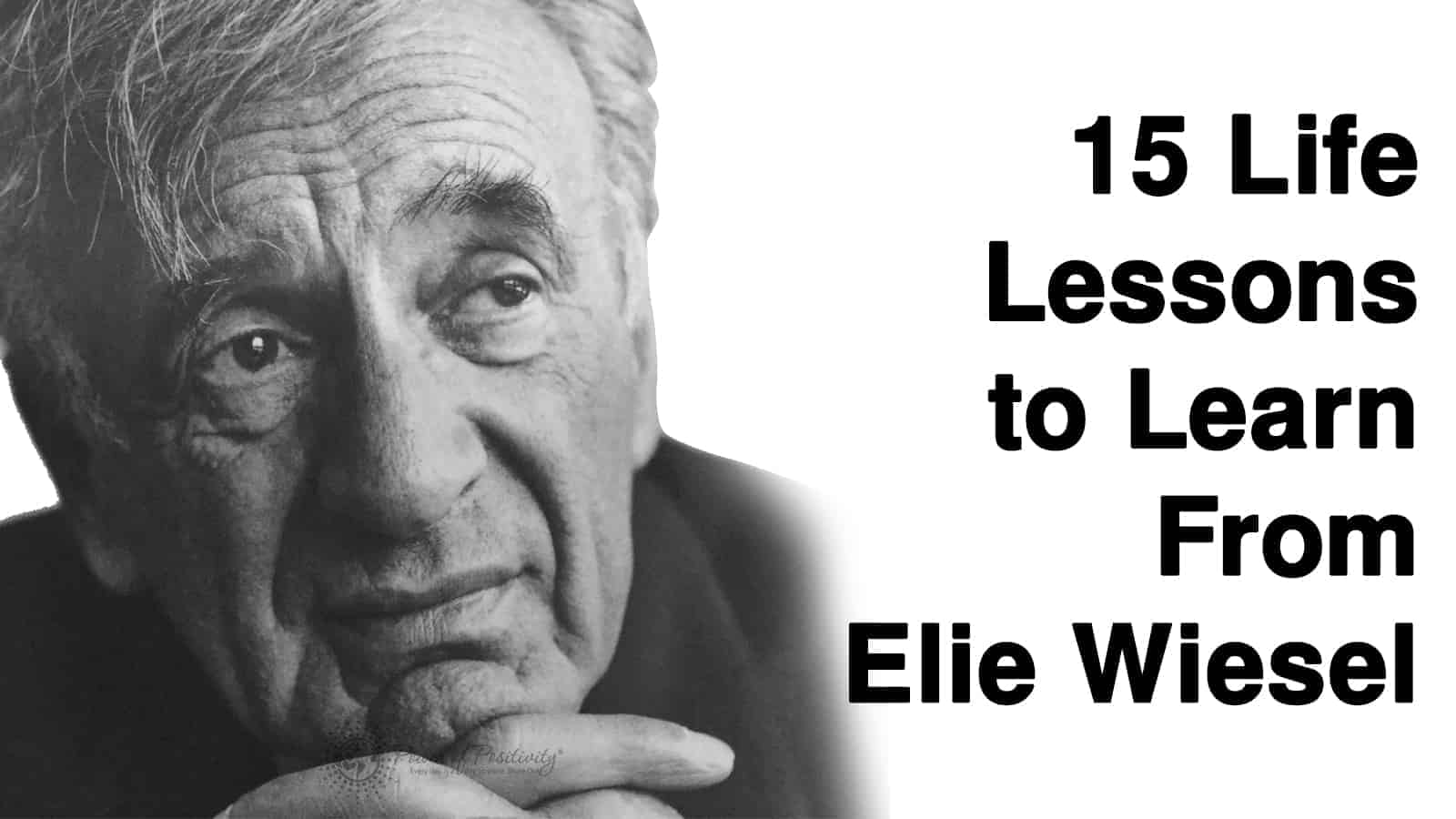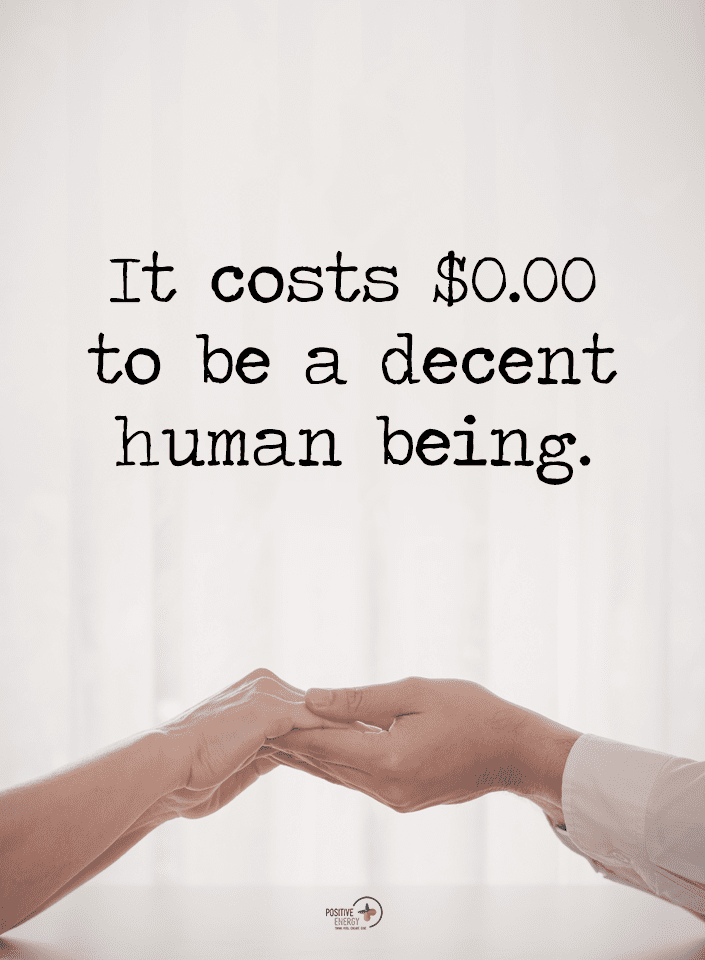Humanity has lost a great mentor and spiritual teacher. Elie Wiesel was a Nobel Peace Prize winner, who not only survived the Holocaust, but through compassion showed the world what it was to have tolerance while moving through peace. He died at the age of 87 on Saturday, July 2, 2016, in his apartment in Manhattan, NY.
Speaking of Elie Wiesel, President Obama quoted, “Elie was not just the world’s most prominent Holocaust survivor, he was a living memorial. Elie spoke words I’ve never forgotten, ‘Memory has become a sacred duty of all people of goodwill.’ Upholding that sacred duty was the purpose of Elie’s life.”
In Wiesel’s memoir, Night, he shared with the world the torture, inconceivable acts of violence, the death of over 6 million Jewish brothers and sisters, and the means for surviving when there was nothing to hold on to. His book has been translated into 30 languages and is a worldwide phenomenon. He said of his book, “I decided to devote my life to telling the story because I felt that having survived I owe something to the dead. And anyone who does not remember betrays them again.”
For over six decades Elie has taught us tolerance, compassion, love, grace, and forgiveness. He taught us to question faith, mysticism, philosophy, history, and religion.
Here are 15 life lessons to learn from Elie Wiesel:
1. You are not alone in your suffering.
“Human suffering anywhere concerns men and women everywhere.”
2. Know your truth, regardless of what others tell you.
“They are committing the greatest indignity human beings can inflict on one another: telling people who have suffered excruciating pain and loss that their pain and loss were illusions.
3. Stand up for what you believe, even if you stand alone.
“I swore never to be silent whenever and wherever human beings endure suffering and humiliation. We must always take sides. Neutrality helps the oppressor, never the victim. Silence encourages the tormentor, never the tormented.”
4. Indifference is the cause of many of our humanitarian issues.
“The opposite of love is not hate. It’s indifference. The opposite of beauty is not ugliness, it’s indifference. The opposite of faith is not heresy, it’s indifference. And the opposite of life is not death, but indifference between life and death.”
5. Never lose your faith.
“There are victories of the soul and spirit. Sometimes, even if you lose, you win.”
6. Be consciously aware of your place in this world.
“In the concentration camps, we discovered this whole universe where everyone had his place. The killer came to kill, and the victims came to die.”
7. Always be grateful.
“When a person doesn’t have gratitude, something is missing in his or her humanity. A person can almost be defined by his or her attitude toward gratitude.”
8. We are all equal.
“No human race is superior; no religious faith is inferior. All collective judgments are wrong. Only racists make them.”
9. Remember history, stories, and learn from the past.
“Without memory, there is no culture. Without memory, there would be no civilization, no society, no future.”
10. We are not powerless to what we believe.
“There may be times when we are powerless to prevent injustice, but there must never be a time when we fail to protest.”
11. Peace pushes us to find humanity in this world
“Mankind must remember that peace is not God’s gift to his creatures; peace is our gift to each other. Peace is our gift to each other.”
12. We must take responsibility for our actions and behavior.
“Human beings should be held accountable. Leave God alone. He has enough problems.”
13. Humanity is united during moments of sorrow and desperation.
“We have to go into the despair and go beyond it, by working and doing for somebody else, by using it for something else.”
14. Friendships are needed to survive this journey.
“Friendship marks a life even more deeply than love. Love risks degenerating into obsession, friendship is never anything but sharing.”
Related article: 11 Quotes To Remember When Life Is Unfair
15. Knowledge is vital for our survival.
“There is divine beauty in learning… To learn means to accept the postulate that life did not begin at my birth. Others have been here before me, and I walk in their footsteps. The books I have read were composed by generations of fathers and sons, mothers and daughters, teachers and disciples. I am the sum total of their experiences, their quests. And so are you.”
Elie Wiesel believed that faith moved the world. He knew that peace was birthed because of it. All the lessons he taught have left a legacy of a man untouched by the hatred of one of history’s most despicable crimes towards humanity. Yet, in spite of all that he endured, he leaves us with this thought in his memoir:
“There’s a long road of suffering ahead of you. But don’t lose courage. You’ve already escaped the gravest danger: selection. So now, muster your strength, and don’t lose heart. We shall all see the day of liberation. Have faith in life. Above all else, have faith. Drive out despair, and you will keep death away from yourselves. Hell is not for eternity. And now, a prayer – or rather, a piece of advice: let there be comradeship among you. We are all brothers, and we are all suffering the same fate. The same smoke floats over all our heads. Help one another. It is the only way to survive.”














 Community
Community

